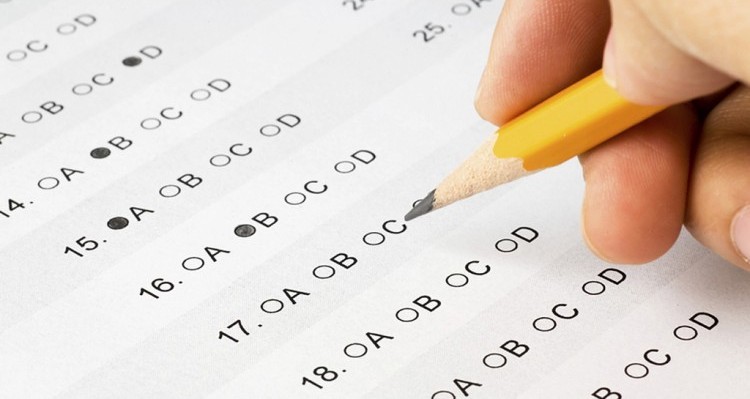Some critics contend that college-bound homeschoolers will under perform socially and academically from the moment they matriculate. Their fatalistic predictions flow from the premise that homeschoolers did not receive classroom and social experiences comparable to those of their public school counterparts. The result, they claim, is an insurmountable disadvantage in college.
So, is it true that homeschoolers struggle in college academically or psychologically? Keep reading to see why the evidence suggests a more favorable outlook on the college performance of homeschoolers than critics care to admit.
Performance on Admission Tests
Admission tests have come under fire in the past few years because of their inherent race and gender biases. Flaws notwithstanding, these tests continue to be required by colleges because they remain accurate predictors of college grade point averages. In other words, colleges believe these tests help identify the students who will succeed academically.
Some may be surprised to discover that the SAT and ACT scores of homeschoolers are often better than public school attendees. According to a 2009 study out of the University of St. Thomas, the average ACT score for a homeschooled student is 26.5, compared to 25.0 for public students. The disparity is even wider with ACT English scores—homeschoolers average 27.8 compared to students in public school who average 24.5.
College Grades and Graduation Rates
Once homeschoolers get to college, they often experience more academic success and higher graduation rates than their public-school peers. The University of St. Thomas study reported an average freshman GPA of 3.41 for homeschoolers, compared to 3.12 for public school students. Likewise, 66.7 percent of homeschoolers who enroll as freshmen graduate from college compared to 58.6 percent of those in public school.
Social Development
A favorite argument of homeschooling detractors is that homeschoolers will falter in college because their education failed to give them the socialization skills to fit in. If this were true, homeschooled adults in general would demonstrate social deficiencies for the same reasons. In reality, several studies have found that homeschooled adults display all the symptoms of being well-adjusted, such as:
- Reported happiness. Fully 67.3 percent of home-schooled adults described themselves as happy, compared with 43.8 percent of the general population.
- Civic and community service. Homeschooled adults are more likely to vote and participate regularly in community service.
- Social engagement. While only 48 percent of the general population participate in organized social activities at least once per week, 69 percent of homeschooled adults do.
In fact, Joe Kelly, an author and parenting expert, notes that homeschoolers in many cases are better socialized as children than public school students are. Homeschoolers tend to spend less time in class, which leaves more time for social engagement through sports, field trips, and community activities.
In Short
Clearly, questions regarding college failure for homeschooled kids are based more on stereotype than truth. Homeschoolers not only do better in college than their public school counterparts academically, but they also turn out to be well-adjusted, productive members of their communities.
Image via Flickr by albertogp123





































